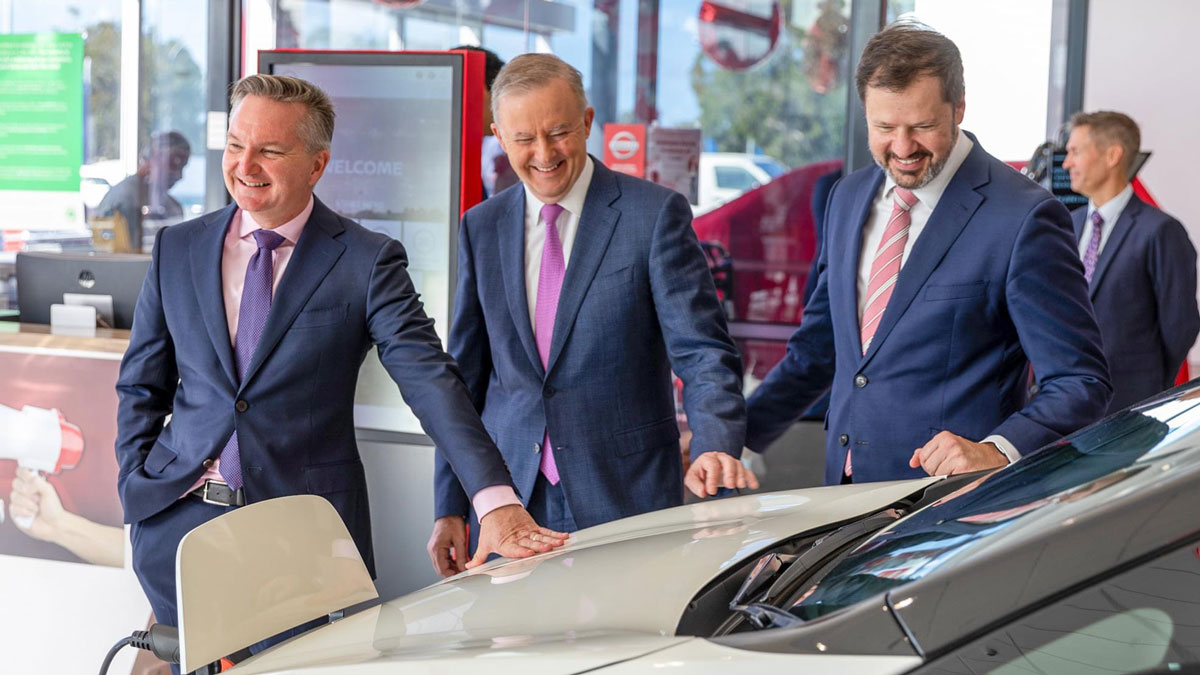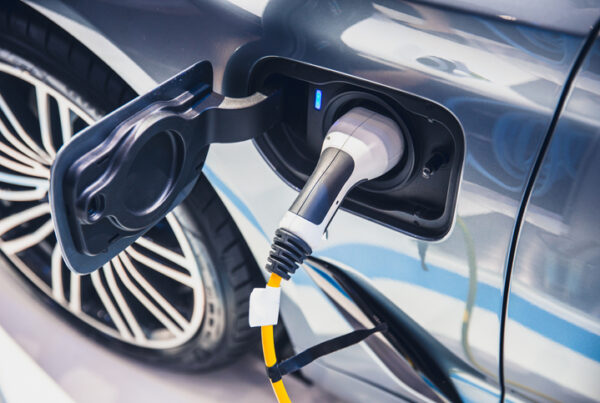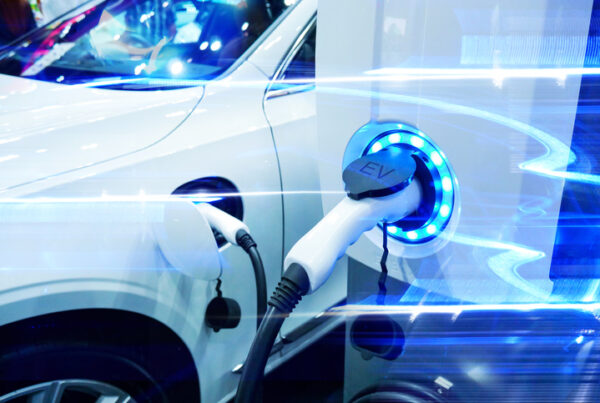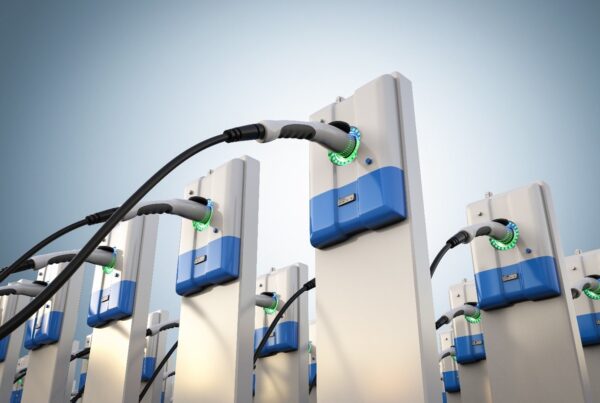Australia’s federal Labor party has this week announced a renewed election push on Climate Change – announcing new tax incentives that would see many electric vehicles (EVs) cheaper to purchase.
Should Labor win the next election in 2022, the party has promised to exclude EVs priced at A$77,565 and below from import and fringe benefits taxes. In reality the changes could see a A$50,000 vehicle made some A$2000 cheaper – but would that be enough to sway the average fleet or private driver?
Continuing a renewed push for a zero-emissions future Labor leader Anthony Albanese has also announced a $200 million package to install 400 community batteries across the country, which would support 100,000 households by storing energy from popular residential rooftop solar during the day.
After a failed 2019 election campaign it seems the opposition has walked away from imposing a national target on commercial sales or mandating EVs for government fleets. Instead Labor has promised that if elected it would work with industry, unions, states and consumers to develop Australia’s first National Electric Vehicle Strategy.
Electric cars are cheaper to run – and under Labor, they’ll be cheaper to buy too.
Labor’s Electric Car Discount will cut taxes and make electric cars more affordable, giving families a genuine choice. pic.twitter.com/Ty5mYQp9nv
— Anthony Albanese (@AlboMP) March 30, 2021
“A majority of Australians say they would consider buying an electric model as their next car, but because of scaremongering and the policy vacuum under the Morrison government, electric vehicles remain unaffordable for most Australians,” Mr Albanese said.
“By reducing upfront costs, this policy will encourage uptake, cutting fuel and transport costs for households and reducing emissions at the same time.”
The Federal Chamber of Automotive Industries (FCAI), which represents auto brands in Australia, has backed the move citing that it would encourage the uptake of EVs in Australia moving forward.
“It is refreshing that we can now start to have meaningful discussion about increasing the number of low emission vehicles on our roads and the subsequent improvement to our national environmental performance, customer choice and communities through this technology,” FCAI chief executive, Tony Weber said.
“Australia is lagging the rest of the world when it comes to a long-term vision for the continued penetration of low emission vehicles. The automotive sector has seen around the world that strong signals around targets, good infrastructure policy and incentives from national governments contribute to positive outcomes on low emission vehicle introduction.”



















